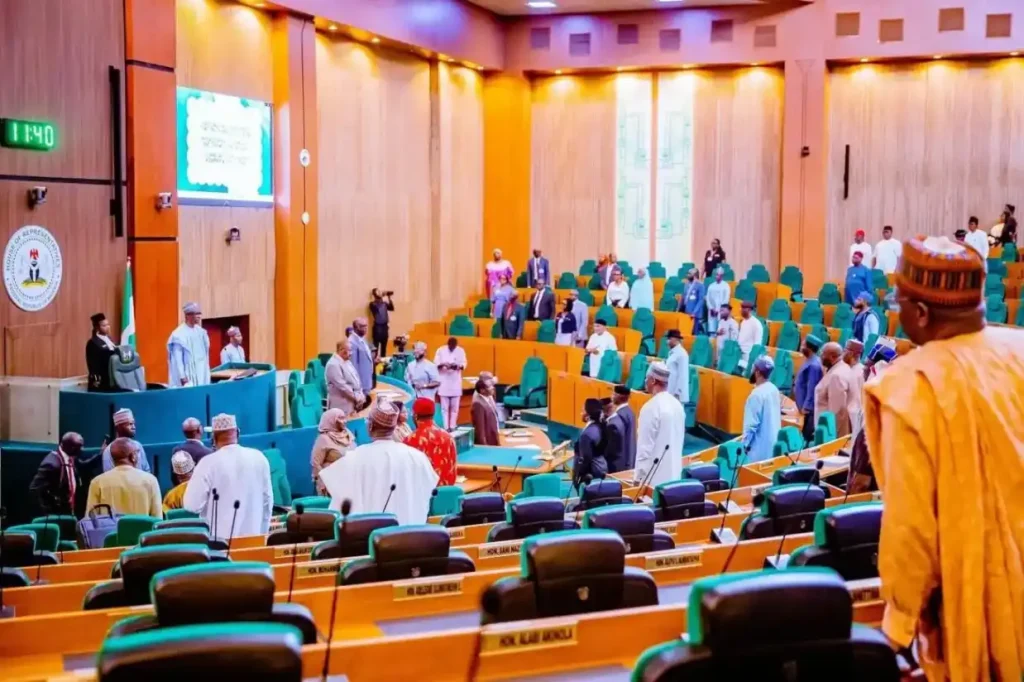The Federal Government of Nigeria has unveiled its 2025 budget, featuring ambitious allocations for infrastructure development and national security. A staggering N1 trillion has been earmarked for the construction and rehabilitation of 468 roads, while N780 million is set aside for prosecuting terrorism-related cases.
The budget, described as ambitious by policymakers, seeks to address critical national challenges such as inadequate infrastructure, security, and governance. The Ministry of Works and Housing is tasked with spearheading the road projects, which are expected to enhance connectivity and economic growth across the nation.
Minister of Works, Dave Umahi, highlighted the importance of the road projects, stating, “This investment in infrastructure will not only ease transportation challenges but also boost trade and economic activities in Nigeria.” The ambitious spending proposal includes major highways and rural roads, emphasizing sustainable and durable construction practices.
In the area of national security, the government has prioritized the prosecution of terrorism cases, allocating N780 million to bolster the judicial process against individuals and groups involved in terrorism. This funding is aimed at expediting trials, improving judicial infrastructure, and providing the resources needed for efficient case management.
The budget also includes a controversial N2 billion provision for the purchase of official vehicles for Senior Special Assistants (SSAs) in the 2025 fiscal year. Critics argue that such expenditures are excessive, especially in light of Nigeria’s pressing economic challenges. Lawmakers have called for a review of this allocation to ensure public funds are spent prudently.
Public reactions to the budget have been mixed. While many have praised the focus on infrastructure and security, others have raised concerns over the substantial funds allocated to non-essential items like luxury vehicles for government officials. Citizens and advocacy groups have called for greater transparency and accountability in the implementation of the budget.
In addition to the infrastructure and security allocations, the budget reflects a broader push for economic growth and social development. Experts say the successful execution of these projects will depend on strict oversight and the elimination of corruption within the implementation process.
As the budget awaits approval by the National Assembly, Nigerians are closely monitoring how these allocations will translate into tangible benefits for the country. The focus remains on whether these spending plans will significantly impact the nation’s infrastructure, security, and overall development.























